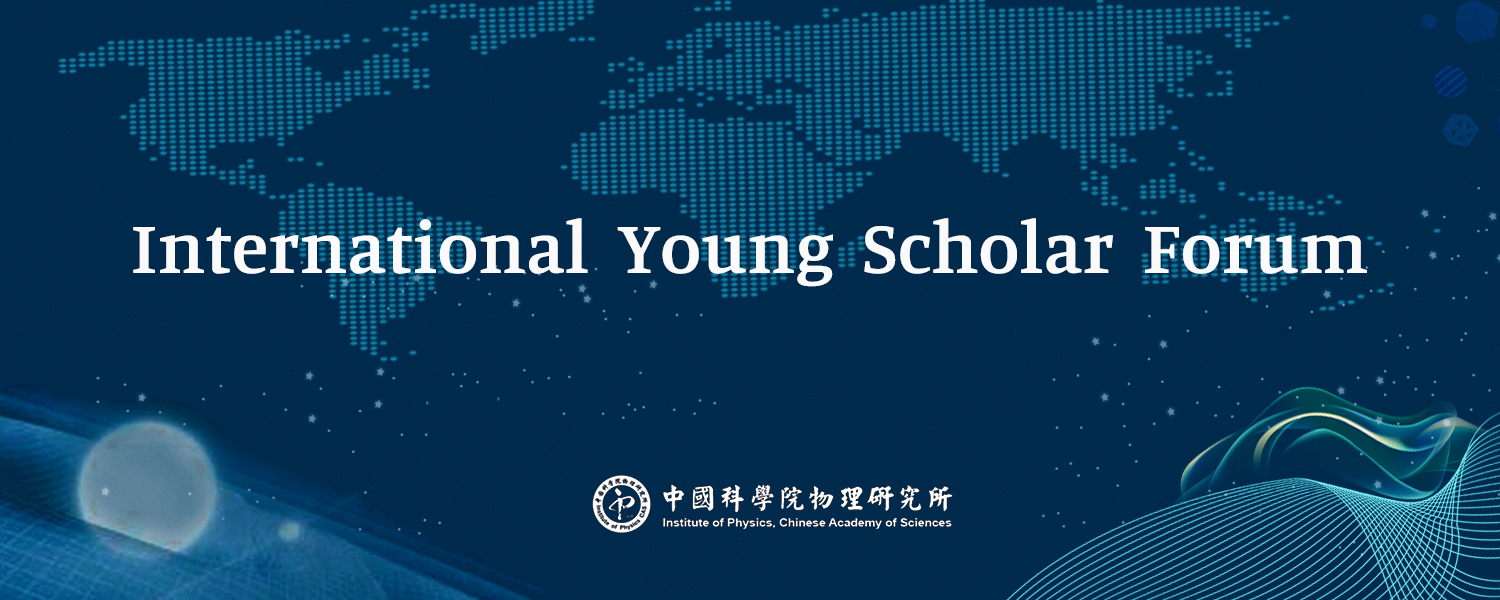Title: Emergent Energy Conversion Effects Arising from Symmetry Engineering
Time: 10:00 am, 29th September, 2020
Speaker: Dr. Mingmin Yang, Center for Emergent Matter Science, RIKEN
Abstract:
Energy transduction has been an intensively and extensively studied topic for decades, due to its fundamental interests and technological importance. Just like any other physical effects, symmetry plays an essential role in the energy transduction. For instance, only the materials without inversion symmetry possess the piezoelectric effect that converts mechanical energy to electricity and vice versa; materials with polar symmetry possess the pyroelectric effect that generates electricity once sensing a temperature variation. Here, we would like to introduce three emergent energy conversion effects induced by symmetry engineering, i.e., the interface piezoelectric effect, interface pyroelectric effect and flexo-photovoltaic effect. The interface piezo-/pyroelectric effects manifest at any heterostructure interfaces once there develops a built-in field in the interface region, even though the component materials are centrosymmetric [1]. The flexo-photovoltaic effect is the strain gradient mediated photovoltaic effect wherein the strain gradient breaks the inversion symmetry, giving rise to asymmetric distribution of photo-carriers in the k-space and thus, spontaneous photocurrent [2,3]. These effects function in materials of any symmetry ranging from oxides, silicon, two-dimensional layered materials and even amorphous semiconductors, etc. More importantly, they exhibit coefficients in comparable and even larger than conventional bulk materials, demonstrating their potentials in technological applications.
References:
[1] M.-M. Yang et al. Nature 584, 377(2020);
[2] M.-M. Yang et al. Nature Communications 10, 2791(2019)
[3] M.-M. Yang et al. Science 360, 904(2018)
Brief CV of Dr. Ming-Min Yang:
Dr. Ming-Min Yang graduated from the Department of Physics, University of Warwick (UK) in 2018 and now works in the Center of Emergent Matter Science, RIKEN (Japan) as a postdoctoral researcher. Dr. Yang’s research interests focus on the novel physical phenomena and effects arising from symmetry breaking, including energy transduction and quantum transport, etc., as well as their coupling with material properties. Together with cooperators, Dr. Yang has developed three fundamentally new energy conversion effects, i.e. flexo-photovoltaic effect, interface piezoelectric effect and interface pyroelectric effects, and has published 10 papers as the first author or corresponding author including 2 papers in Nature and 1 paper in Science.
